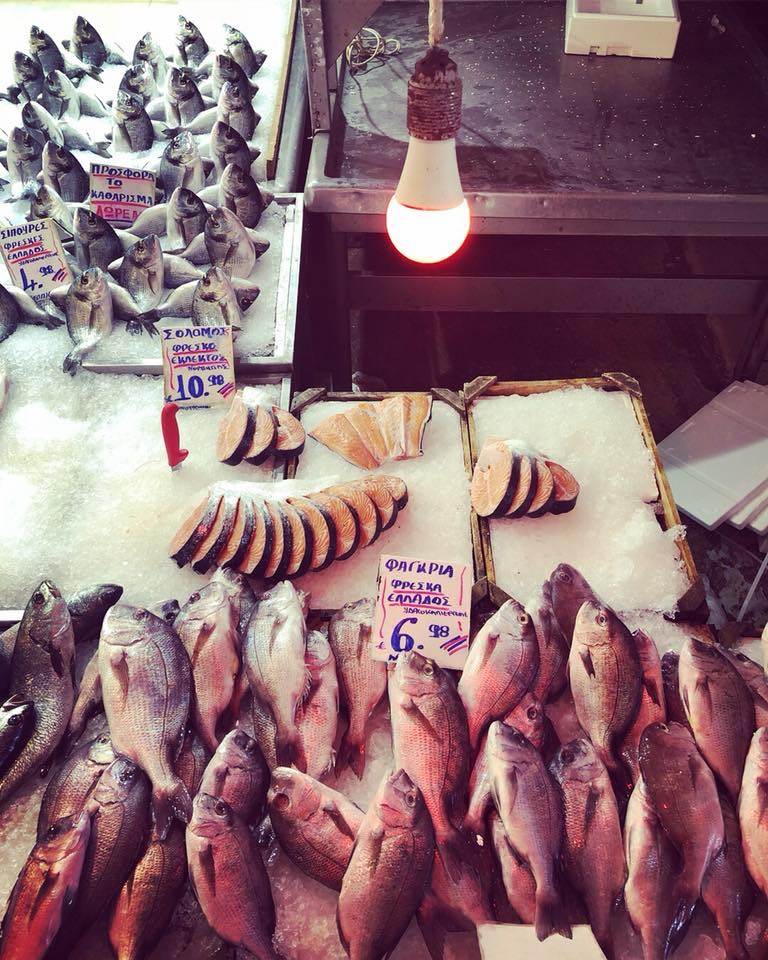The fish disappeared from the Bulgarian waters in 2017
The catches of basic fish species dropped dramatically in the past 2017, according to EAFA data. Only 13 tonnes of bonito was caught compared to 68.1 tonnes in 2016.
From the bluefish the fishermen have caught 71 tons, a year before they were 710.2 tons. From the red mullet, 373.8 tonnes were caught, compared to 874.3 in 2016. On the other hand, the quantities of sprats increase.Only 3184.6 tonnes of bonito was caught compared to 2289 tonnes in 2016. A slight increase is observed in rapa whelk – 3616.9 t compared to 3418.3 t. After the great interest of fishermen in the white mussel and there is a growth. 819.3 tonnes were the quantities in 2017 at 585.8 tonnes in 2016.
However, behind all these figures, there is a logical explanation. The bluefish lives in Turkey, from the Bosphorus downward – it is coming in the autumn to fatten in Bulgaria. That's why we can easily explain its occurrence in one year and the lack of another. Often he can miss us due to climatic conditions or the change of the sea and the flowering of plankton. This fish comes to eat, eats smaller species such as sprat and anchovies, says the expert Yordan Gospodinov. “When these species are not grown up enough the bluefish does not come. There are also hypotheses that the disturbances in the Bosphorus – the vibrations of the newly built subway, do not allow the species to migrate.”
The same applies to the bonito, but not to sprats, rapa whelk and white mussels. There we have stable quantities every year that do not change. The reason is that these are species inhabiting our sea – they do not migrate.
And despite the negative trend, there are signs of rebuilding the sea, Gospodinov commented. “These data must be reported by scientists, but more often we notice species that have disappeared 50-60 years ago. Mackerel, for example, is one of them.”
Bulgarians have a sea, but prefer to eat river fish
According to the latest National Statistical Institute data, the turnover of fish sales in Bulgaria is about BGN 288.2 thousand per year. 76% of all households in the country consume fish – an average of about 1.6 times a month, according to EAFA. However, we do not rely on marine species in Bulgaria. The three most commonly consumed species are mackerel 46%, carp 35% and third only is the sprats 21%. On average, every household eats about 100 grams of black mussels.
It appears that 137 thousand of households consuming fish catch it alone. For others, over 90%, the main source of fish products are the shops and markets.
Most of the fish for consumption come from fish farms. According to the BSAF, the total number of active farms is 623, with the largest production of carp – 8 257 500 caviare eggs. Of these, 2 589.5 tonnes were consumed. The rainbow trout followed by 3,920,200 and a consumption of 3,092.3 tons. The next most bred species is silver carp, from which 1,609,392 eggs are produced.
The Bulgarians eat eight times less fish than the Portuguese and serve an average of 6.7 kg of fish a year on their table. Despite the low consumption, it is not to be neglected that consumption has increased by 2 kg since 2008.
By Georgi UZUNOV
Source: Agrozona.bg - Number 83, 2018
